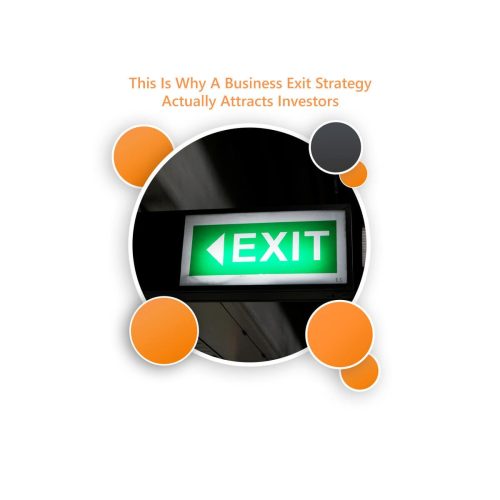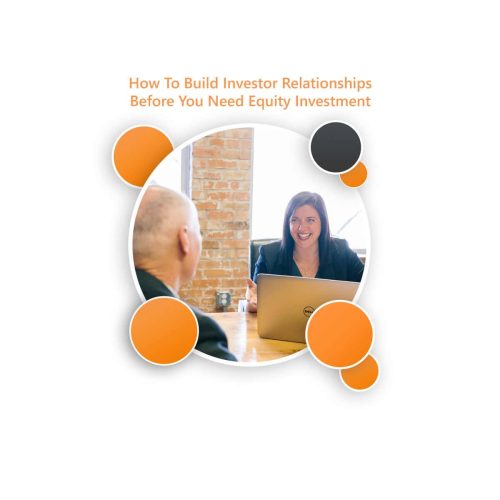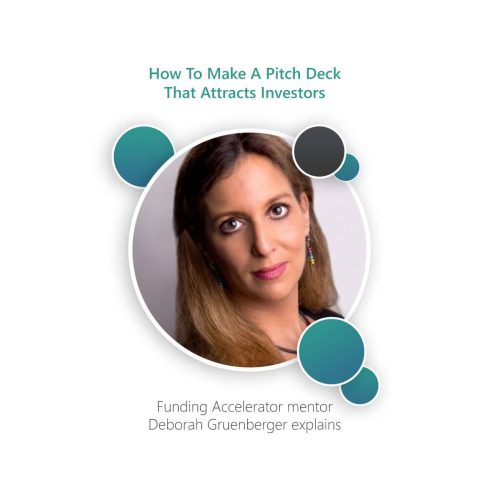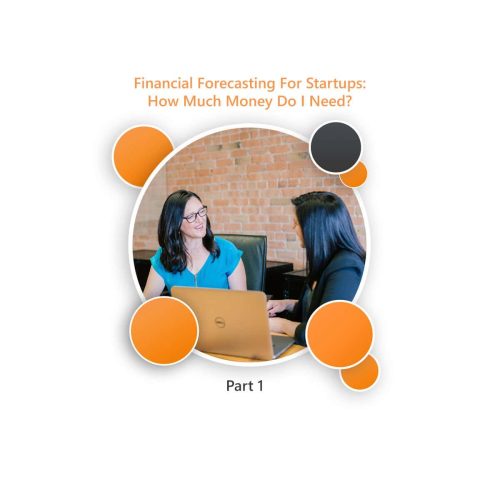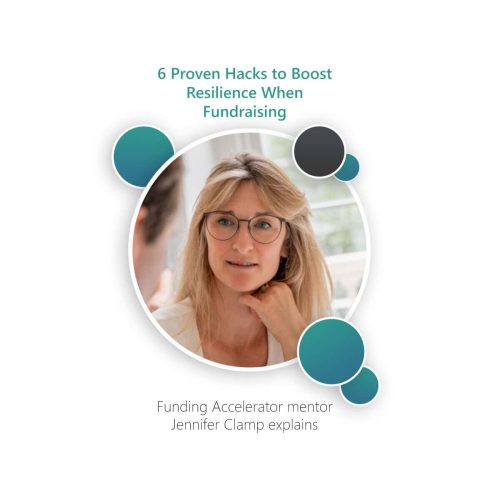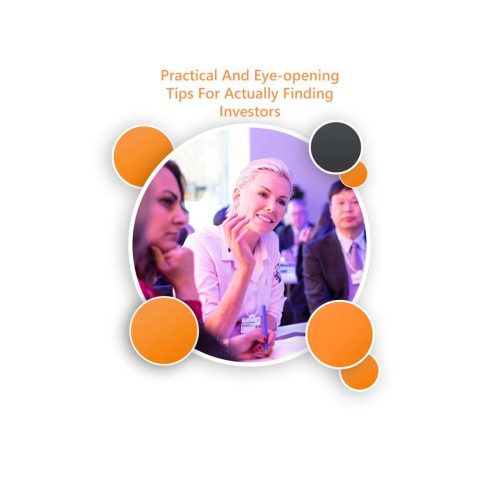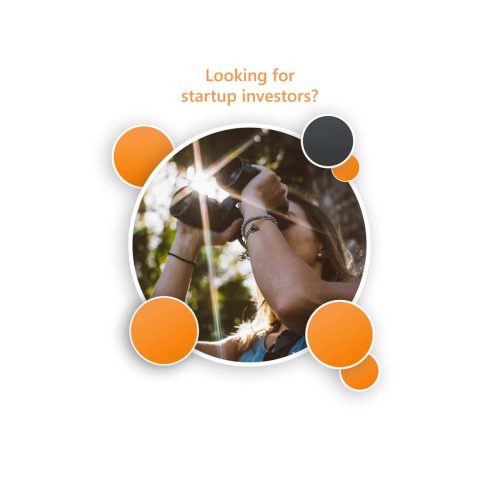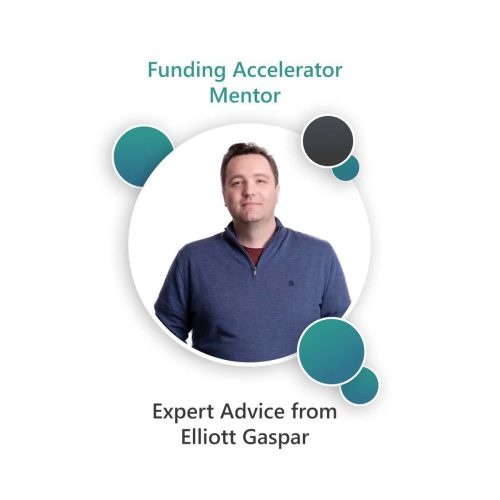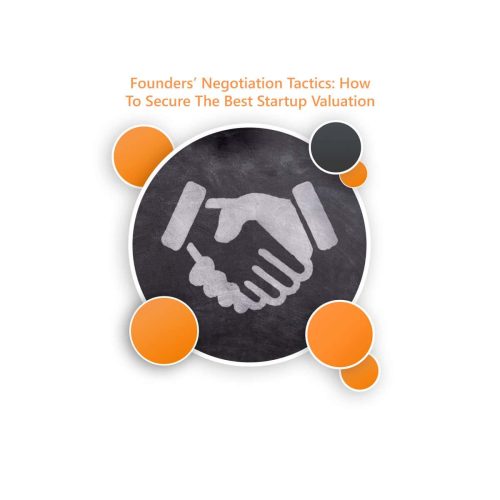So you want to raise equity investment – but are you ready? Rather than leaping straight into action writing a pitch or talking to investors, take a moment and ask yourself three questions.
How much money do you need?
What will you do with the money you raise?
How will your business change and grow as a result?
If you can answer these questions properly – not just in an off the cuff manner – but by providing real detail, facts and figures, then you probably are ready to raise equity investment.
But the devil is in the detail.
Investors don’t back ideas, hunches or broad-brush thinking. They want proven products (or services), thoughtful plans and evidence to support your approach. These things aren’t just conjured up by brainstorming, desk research and theoretical plans. They are created through action, hard work, persistence and a lot of iteration.
I touted my theoretical business plan around VCs and angels before the penny dropped that I needed to get the business going before anyone would back me.
I learnt that the hard way. I touted my theoretical business plan around VCs and angels before the penny dropped that I needed to get the business going before anyone would back me. The next time I tried to raise equity investment, (just six months later – but six incredibly busy months) I had not just a web platform but paying customers and a detailed marketing strategy. I raised £150K in one week – from pitching to money in the bank.
The proof was in the pudding. Investors call this “traction” and it speaks lounder than words.
Traction speaks louder than words
Be honest, ask yourself what stage your business is at:
If you have a business idea but nothing tangible yet, don’t waste your time talking to investors. Instead invest your time into creating your product/service/app. It doesn’t need to have all the bells and whistles but it needs to deliver the essence of what customers are looking for. This is often called an MVP or minimum viable product. It allows customers to trial your product, give feedback and for you to understand what needs to change to meet your customers’ needs better.
You don’t have to spend a fortune to develop an MVP. In fact, it’s better if you don’t
How do you fund this? Invest your own money (if you can), talk to family and friends to see if they will lend/invest money or explore a start up loan (but be aware that you will probably have to start making repayments immediately so be sure you can generate revenue quickly or negotiate a repayment free period). You don’t have to spend a fortune to develop an MVP. In fact, it’s better if you don’t – the chances are your MVP will change when you get customer feedback.
If you have got an MVP, focus on getting your first customers – whether they are paying you or not. Being able to demonstrate you can attract paying customers is best, but honest – hopefully positive – feedback can be just as valuable. Work on really understanding your customers – who they are, why they like the product and how you could find and sell to similar customers. This information is gold dust for your marketing strategy. Tried and tested marketing strategies do attract investment.
Work on really understanding your customers…Tried and tested marketing strategies do attract investment.
And then? Well, it’s back to the three questions we started with. To raise equity investment, you will need to explain in detail how much money you need, what you will do with it and how that will grow your business.
Growth is the key here. Investors don’t want you to stand still. They want you to create value by finding better ways to work, developing new products, attracting more customers. Investment isn’t philanthropy. Investors want a financial gain and that is created when the business grows – fast.
Investment isn’t philanthropy. Investors want a financial gain and that is created when the business grows – fast.
If you’d like to speed up the process of raising funding, it’s worth talking to a professional. Someone who understands the process, someone who has “been there, done that”. Investors are looking for specific information when deciding whether to invest and it pays to get the inside track on what you’ll need to provide – as well as having someone to help you prepare, to challenge you and give practical advice on how to improve your pitch.
Is your Startup ready for investment?
Take the Startup Investment Scorecard to discover if your Startup is ready for investment. Start here
- Founders’ Negotiation Tactics: How To Secure The Best Startup Valuation - May 12, 2025
- How To Master Your Sales Lifecycle: Close Deals Faster And Smarter - April 30, 2025
- How To Maximise Your Business Valuation And Attract Investors - April 7, 2025


